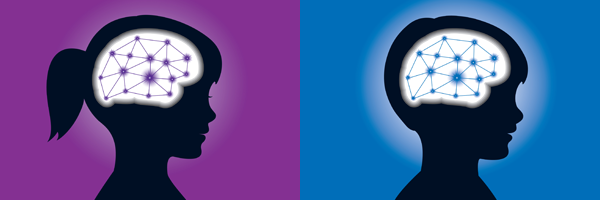How Childhood Neglect Harms The Brain

Children are dependent on their caregivers to provide food, shelter and basic needs. Traumatic experiences early in life, such as abuse or neglect, can cause harmful effects to a developing brain, altering how the organ functions and performs.
According to an article in WBUR’s Common Health, when a child’s need are not being met, a stress response is activated in his/her brain. Prolonged activation of this response can cause significant damage to key areas of the brain, and possibly other organs. Psychological disorders such as depression and anxiety can also develop.
Dr. Stuart Ablon of Massachusetts General Hospital has studied children with behavioral challenges. He says these children don’t lack the will to behave, but rather the skill, due to the fact that their brains are not fully developed. They lack problem-solving skills and the ability to regulate their emotions, rendering the use of rewards and punishments useless.
Ablon and other experts believe restorative brain change can occur, however, it gets harder as time passes. Early intervention is key, and children need an actively involved support team (foster parents, child welfare workers, school staff, daycare providers, coaches, etc.) promoting trauma interventions. Programs such as in-home therapy and outpatient services can help prevent or repair brain damage. KVC has been a leader in acting on this important neuroscience, such as by adapting Trauma Systems Therapy (TST) into its service delivery system and conducting research to measure the results.
To view the entire article, click here.




